Published opinion piece in the Edmonton Journal – May 25, 2022
As we crest what we hope is the peak one of the worst public health disasters to hit the globe in generations, a new crisis is looming, one that is corralling working Albertans into economic lockdown caused by a rapidly rising cost-of-living, coupled with wages that just don’t keep up.
This has left some workers to flee the province looking for better, and others unable to participate in, and help foster, the kind of post-pandemic recovery we sorely need because they can’t afford to.
Over the past few years, inflation rates have skyrocketed, from 0.9 per cent in March 2020 to a jaw dropping 6.7 per cent in March 2022. It doesn’t take a bunch of fancy economics degrees hanging on your wall to know that’s a bad thing for consumers.
Fuel costs are up. Grocery costs are up. Utility costs are up. Shelter costs are up. Simply put, it costs us all more to be alive right now.
Yet believe it or not, there are still folks looking to cut wages, smother overtime rates, crush pensions, and further erode the purchasing power of tens of thousands of Albertans working in the skilled trades.
These are the essential workers who build and maintain our infrastructure. Who keep boilers running and lights operating in our hospitals and health care facilities, and who the province and industry rely on to bring the kind of projects online that will help nurture Alberta’s once-mighty economy back to health.
What’s happening to these workers is the antithesis of the Alberta advantage and it’s resulting in skilled tradespeople leaving the province to take work elsewhere like B.C. and Ontario, where overtime, wages, benefits and pensions are fairer. For other workers, they’ve left our province – with their families – permanently.
Both scenarios are having devastating effects on our economy, our industries and our communities. It comes down to the constant struggle for reasonable compensation that provides workers full terms and conditions that deliver industry the kind of stability it needs to properly staff-up jobs to get things moving again.
For the more than 60,000 skilled trades workers and their 18 Alberta union locals, negotiations, which began with the contractors’ association way back in 2018, have been difficult, sluggish and adversarial.
The approach from the contractors’ association’s side has been laser-focused on taking more out of the pockets of working people – we’re talking wage rollbacks of up to 10 per cent or more – even as owners, contractors and clients continue to ache for skilled workers and governments work frantically to address our ballooning labour shortage.
Let’s be crystal clear, the key to attract and retain more tradespeople in Alberta is to compensate them properly for the skills they have and the important work they do. And whether one works through a trade union or not, the outcome of negotiations impacts all workers as collectively bargained rates often set the standard for pay and packages throughout the industry.
The skilled women and men of the building trades and their unions cannot sit idle while workers, their families and their communities suffer from unsustainable costs and threats to hard-earned wages remain.
Organized labour has a long and proud history of standing up for fairness and for regular working people. We will continue to do so. Whether that’s at the bargaining table or on the street, only time will tell.
Terry Parker
Executive Director, Building Trades of Alberta

